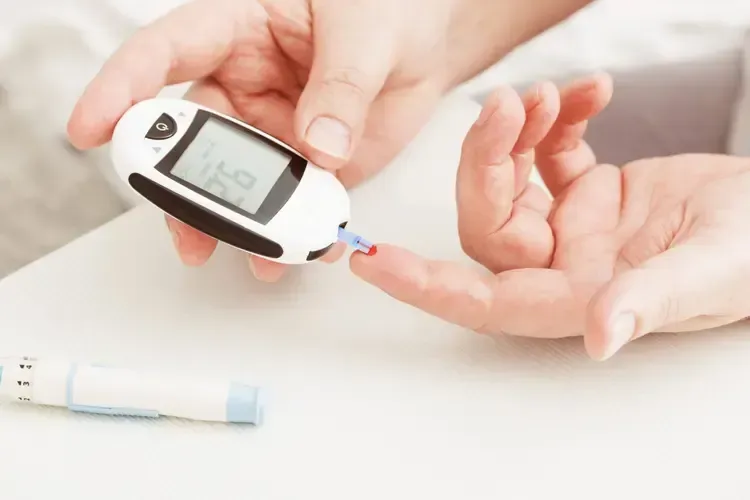Context:
Researchers at the Institute of Advanced Study in Science and Technology (IASST), Guwahati, have discovered a specific protein IL-35 that can help treat Type I and Autoimmune Diabetes Mellitus.
About IL-35 Protein
With the global rise in diabetes, especially among children and adolescents in developing countries, IL-35 offers a promising new therapeutic pathway.
Structure and Composition: IL-35 is a unique protein composed of IL-12α and IL-27β chains, encoded by the IL12A and EBI3 genes.
Function: IL-35 is an immunosuppressive cytokine that regulates the immune response by reducing specific inflammatory immune cells, which produce chemicals contributing to inflammation and autoimmune reactions.
- It also regulates macrophage activation, T-cell proteins, and regulatory B cells.
How IL-35 protects against Type 1 and Autoimmune Diabetes
- Reduction of Inflammatory Immune Cells: IL-35 inhibits immune cells that produce inflammatory chemicals, reducing the immune system’s attack on pancreatic beta cells.
- Decreasing Pancreatic Infiltration: By lowering infiltration of pancreatic cells, IL-35 limits the autoimmune response that is central to Type 1 diabetes.
- Potential as a Treatment Option: Due to its immunosuppressive properties, IL-35 represents a promising avenue for developing therapies for autoimmune diseases, including type 1 diabetes and other inflammatory conditions.
About Diabetes Mellitus
Diabetes Mellitus (commonly called as Diabetes) is a chronic metabolic disease in which the human body has inadequate control over the blood sugar (glucose) levels.
This happens because the body either doesn’t produce enough insulin (a hormone that helps cells use glucose for energy) or can’t use insulin effectively.
There are several types of diabetes, including Type 1, Type 2, Gestational Diabetes, and Neonatal Diabetes.
Overview of Type 1 Diabetes:
- Type 1 diabetes mellitus (T1DM) is an autoimmune disease that occurs when the body’s immune system attacks the insulin-producing beta cells in the pancreas.
- This leads to a deficiency of insulin, which causes hyperglycemia and insulin dependence.
- It is a lifelong autoimmune disease, but the exact cause remains unknown. Researchers are still investigating what triggers the immune system to mistakenly attack the pancreas.
- Type 1 diabetes is more common in children and young adults, but it can develop at any age.
- It is different from Type 2 diabetes, which is more common in older people and occurs when the body doesn’t use insulin properly, resulting in high blood sugar levels.

